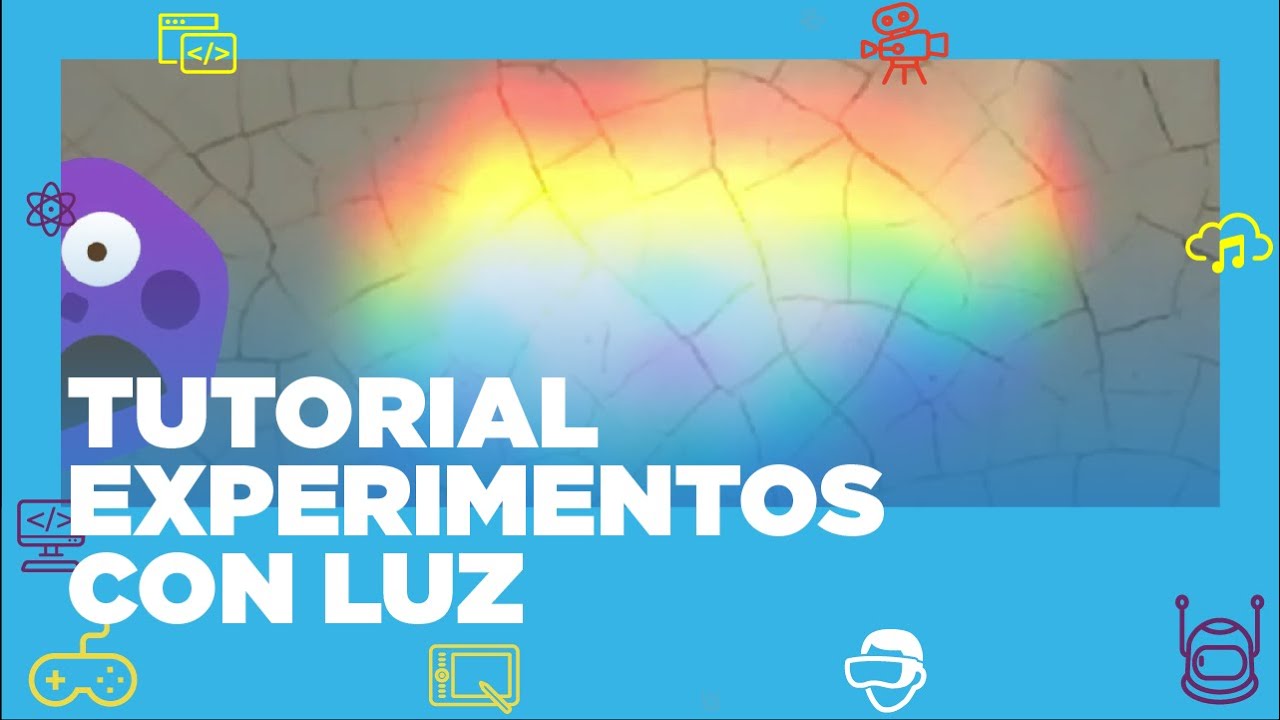Cómo hacer un bombillo con una copa ¿Funcionará? Aquí te cuento
Summary
TLDRIn this engaging tutorial, viewers learn how to create a light bulb using a coconut and everyday materials. The process involves bending paper clips, using a cardboard tube, and connecting batteries and an electrical switch. The tutorial explains the science behind the invention, crediting Thomas Edison with the patent of the first light bulb. It highlights how graphite conducts electricity, transforming electrical energy into visible light when enough current flows through. This DIY project combines creativity with scientific principles, making it an exciting experiment for aspiring inventors.
Takeaways
- 🔧 Takeaway 1: The project involves creating a light bulb using simple materials like paper clips and a cardboard tube.
- 📎 Takeaway 2: Paper clips are bent and adjusted to form part of the light bulb mechanism.
- ✂️ Takeaway 3: A small piece of the cardboard tube is removed to allow for wiring.
- 🔌 Takeaway 4: Each paper clip is tied with a wire using tape to connect them to the power source.
- 🪵 Takeaway 5: The clips are secured inside the cardboard tube attached to a small wooden board.
- 🧪 Takeaway 6: Batteries (AA type) are connected in series to power the light bulb.
- 🔄 Takeaway 7: One wire is connected to a switch, while another is connected to the power source.
- ✏️ Takeaway 8: A mechanical pencil's lead is used to make contact with the clips to create light.
- 💡 Takeaway 9: When the switch is activated, the electrical current passes through the graphite, producing visible light.
- 🔬 Takeaway 10: Thomas Edison patented the first light bulb, utilizing graphite as a conductor of electricity.
Q & A
What is the main objective of the video?
-The main objective of the video is to demonstrate how to create a light bulb using a coconut and simple materials.
What materials are required to make the light bulb?
-The materials required include paper clips, a cardboard tube from toilet paper, a wooden board, tape, batteries, a switch, a mechanical pencil, and a cup.
How are the paper clips prepared for the project?
-The paper clips are bent into a specific shape and then slightly modified with pliers to facilitate the connection.
What is the purpose of the cardboard tube?
-The cardboard tube serves as the base to hold the clips and connect the wires for the light bulb setup.
How are the batteries connected in the project?
-Five AA batteries are connected in series to provide sufficient power for the light bulb circuit.
What role does the switch play in the light bulb circuit?
-The switch controls the flow of electricity; one wire connects to the switch, allowing the user to turn the light on and off.
What happens when the switch is turned on?
-When the switch is turned on, electricity flows through the circuit, and the graphite in the mechanical pencil lights up, producing visible light.
Why is graphite used in this experiment?
-Graphite is used because it is a conductive material; when sufficient electric current passes through it, it converts electrical energy into thermal energy, resulting in light.
Who is credited with patenting the first light bulb?
-Thomas Alba Edison is credited with patenting the first light bulb.
What scientific principle allows the light bulb to emit light?
-The scientific principle at play is the conversion of electrical energy into thermal energy, which causes the graphite to glow and produce light.
Outlines

此内容仅限付费用户访问。 请升级后访问。
立即升级Mindmap

此内容仅限付费用户访问。 请升级后访问。
立即升级Keywords

此内容仅限付费用户访问。 请升级后访问。
立即升级Highlights

此内容仅限付费用户访问。 请升级后访问。
立即升级Transcripts

此内容仅限付费用户访问。 请升级后访问。
立即升级浏览更多相关视频

#SukaBelajar #Tematik MEMBUAT RANGKAIAN LISTRIK SERI DAN PARALEL

Encender una luz led con limones - experimentos para hacer en casa

STEM: Easy Electricity Experiments! #Stemforkids #Stemactivities

Build your own spectroscope (kids crafting activity) | Cambridge Festival 2021

Tutorial - Experimentos con luz - IxD Bahía

Cara membuat alat tes kesuburan tanah sederhana
5.0 / 5 (0 votes)
